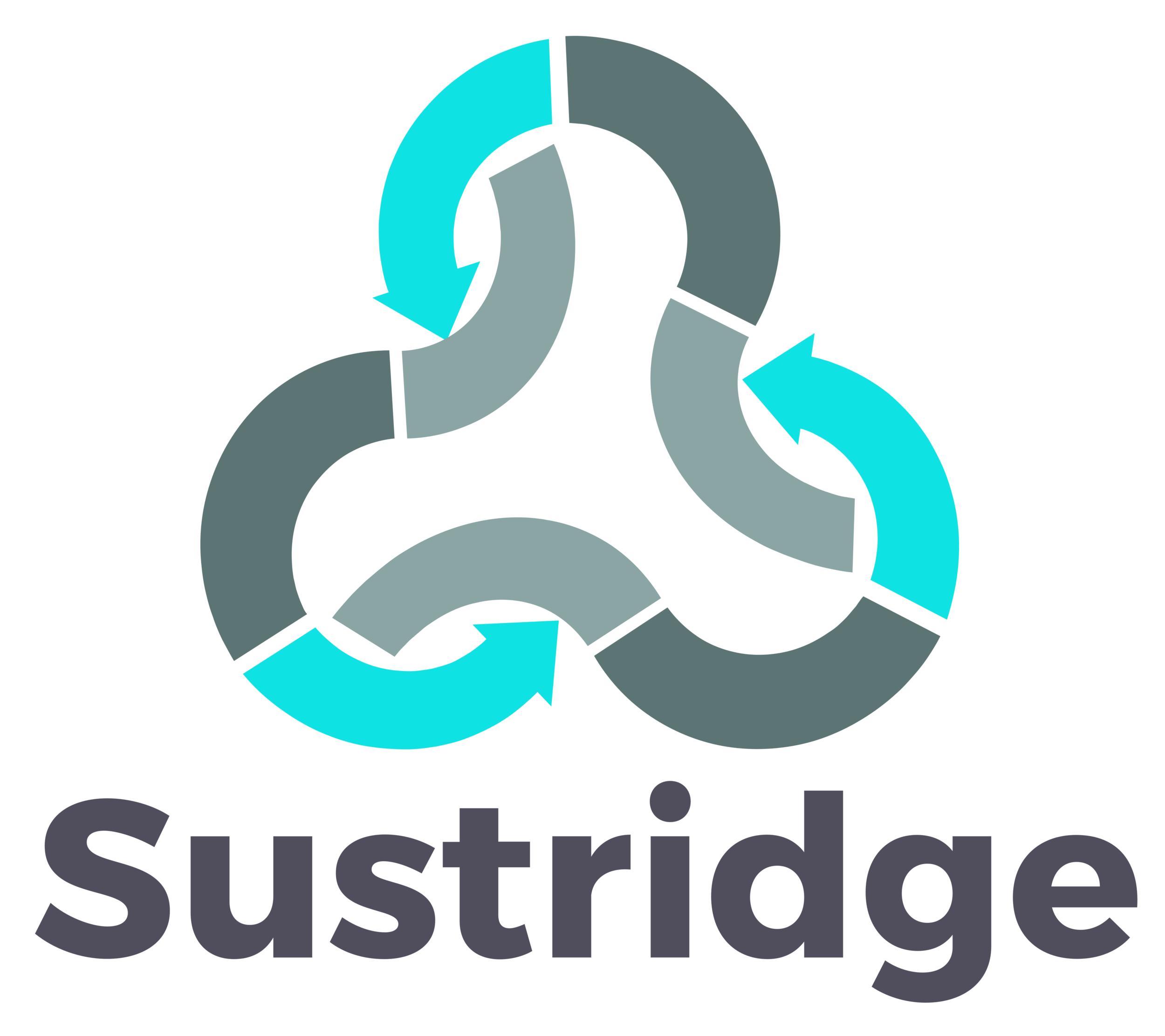Kunal Merchant: Advocating Sustainable Sports Practices
Kunal Merchant is Managing Director of Lotus Advisory. In this capacity, Kunal provides strategic advisory, project management, public affairs, and communications support to a select portfolio of clients in sports, technology, real estate, politics, and philanthropy.
Kunal previously served as Vice President of Strategic Initiatives for the Sacramento Kings, where he oversaw several strategic, political, media and community initiatives. He managed the Kings delegation to the 2014 NBA Global Games series in China, formulated the team’s “Greenprint” sustainability agenda, and developed the acclaimed Sacramento First labor and community benefits package for the Golden 1 Center.
In his previous role as Executive Director of Think BIG Sacramento, Kunal served as Sacramento Mayor Kevin Johnson’s chief advisor in efforts to develop a public private finance plan for a new downtown arena, win NBA approval to keep the Kings in Sacramento, and facilitate sale of the franchise to a new ownership group.
Kunal Joins Sustainable Nation to Discuss:
The work of the Green Sports Alliance
Engaging fans in sustainability through sports
Communicating the business value of sustainability
Advice and recommendations for sustainability leaders
Kunal's Final Five Responses:
What is one piece of advice you would give other sustainability professionals that might help them in their careers?
Think big and think broadly. So, I get approached all the time by people who have a real passion for green, for sustainability and they want to make it the centerpiece of their jobs. And there are increasingly jobs out there in the marketplace that are these explicit jobs around sustainability, about the environment. But I remind them, you're talking to somebody who used to work for a basketball team, that ended up having a really big sustainability piece of his job. There is an opportunity in all sorts of jobs to focus on sustainability. You just have to be creative enough to pursue it. So, look at those sustainability jobs as traditional categories, but also challenge yourself to see about ways where you could pull sustainability into other jobs and make it a piece of the puzzle as well.
What are you most excited about right now in the world of sustainability?
As an American, I feel like we are at our best when our backs are against the wall, and you see that play out throughout history. I think finally you're seeing a level of attention to the crisis around climate change and around these issues, and I'm really excited about the level of ambition I'm seeing at a more local level. Obviously, some of these big issues are only going to get solved at a federal or even international level, but state governments, local public policy makers and some of these new governors in Colorado and California are what I'm really excited about. And then, just everyday citizens organizing around elements of this that they are inspired by, and the technological tools and the media tools we have today, you can do so much more than you used to. I'm just so excited about this bottom up approach I'm seeing because we can't afford to wait around for the people at the top if they're not getting it. That really gets me really excited and I want to do everything I can to help support that.
What is one book you would recommend sustainability leaders read?
So, I'm sure there's all sorts of cool books at the cool kids' table in sustainability, but I got to say, there's an old classic that I still have, which you probably remember Josh, it's called 50 Simple Things You Can Do to Save the Earth. This is a book I read when I was probably eight or nine years old growing up in Colorado. Of course it's a little corny and it's and it's certainly small scale, but I think there's a power of messaging and communication in there. When I was a kid, I read this book and it gave me these incredibly tactical, practical things I could do to do my part. Whoever you are and wherever you are in the green space, we have to explain this issue the right way. We're failing right now. The community at large does not understand what's at stake and it's on us to fix that. So, I think that's a great book. I look at every now and then just to remind myself that you can get lost in all of the jargon and the technical pieces of this and the data and all that, but you have to connect with people. That was a book that connected with me as an eight year old kid and really affected my whole view on the world. We need to be doing more things like that.
What are some of your favorite resources or tools that really help you in your work?
The obvious one is just the Green Sports Alliance network. I would say that even if I wasn't on the board, because a lot of the work I'm doing on sustainability is tied to sports. But I think even if you're not in sports, I would check out the website, greensportsalliance.org. Check out a lot of these resources and playbooks that they've come up with because they're transferable to other industries. We may have customized them specific to sports teams and leagues, but in terms of trying to tell a story to consumers, tell a story to businesses, and what to prioritize and how to organize it, we've spent a lot of time thinking about that. I pull those tools all the time to help me in my work.
Where can our listeners go to learn more about you and your work?
I would recommend going into my website, lotusadvisory.com or just shoot me an email at kunal@lotusadvisory.com.

